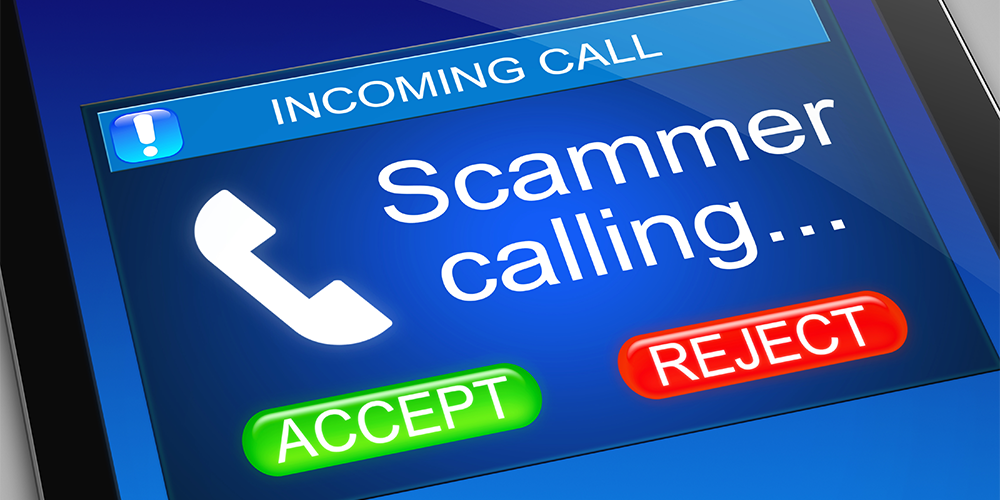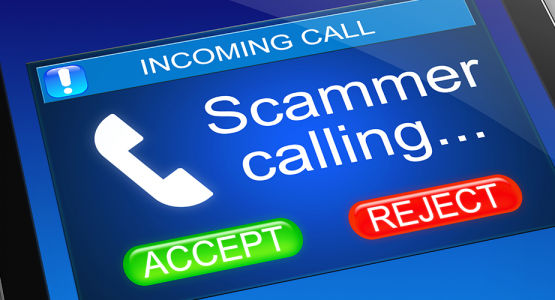
It was a typical Wednesday at the OIA headquarters –- we hosted a couple E&O loss prevention classes, continued to develop awesome data and consulting products for agents, and maintained OIA’s progress toward taking over the world of insurance. . . just kidding about that last part (or are we?).
Our typical day was interrupted when we received over a dozen phone calls in a span of 15 minutes from the same exact person calling from different phone numbers asking for our "cardholder information."
And of course, he hung up when prompted for his company name.
We were being spoofed.
Unfortunately, we’ve talked recently with agents who’ve been spoofed, as well as others who’ve had their own numbers used by "spoofers" to target unsuspecting consumers.
Because this could lead to some bad PR for your agency if your number is spoofed, we prepared some information you can share with your clients to educate them on spoofing and how to avoid becoming the scammers’ victim.
What is spoofing?
According the Federal Communications Commission, "'Spoofing' occurs when a caller deliberately falsifies the information transmitted to your caller ID to disguise their identity.”
This means they’re using a number that looks local so you’ll answer it, and then they try to trick you into giving away your personal info.
You may not be able to tell right away if you are being spoofed.
You might actually believe "cardholder services" from your credit card company is giving you a really large credit limit, with no interest, for life.
Just remember, if it sounds too good to be true, it most definitely is.
If you do think you’re being spoofed, here are 4 things you can do:
-
DO NOT GIVE AWAY PERSONAL INFORMATION! This includes account numbers, social security numbers, and anything you use as a password or answer to security questions.
-
If the caller claims they represent a company or government agency and are seeking personal information, hang up and call the company back on their listed phone number. You can find this number and verify it on their website or any account statements you have from the company.
-
Ask for their information. If you are not sure the call is valid, ask for the caller’s name and a call-back number in case you get disconnected. Google the phone number once they give it to you to see if a company name pops up. Hang up immediately if they are unwilling to give any information.
-
Add your number to the National Do-Not-Call Registry (one caveat: this may not do much to prevent spoofing, as companies carrying out illegal activity like spoofing are not likely to adhere to do-not-call laws).
If your agency’s phone number is being used to spoof consumers, report it to the Federal Communications Commission (FCC) and your phone carrier immediately.
Be sure to remind clients that anyone calling from your agency will always identify themselves and will never randomly ask for their personal information.
Suggest that they hang up and call the agency back directly if they receive a call that concerns them.
As for OIA — our professional staff will always identify themselves using their name, and let you know they’re calling from OIA (or Ohio Insurance Agents).
If you receive a suspicious call from our number, and the person is asking for personal information without identifying who they’re with, hang up and call us back directly at (800) 555-1742.
For more info on spoofing, visit the FCC's website on Spoofing and Caller ID.






